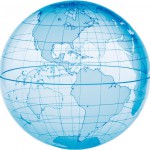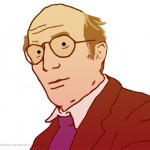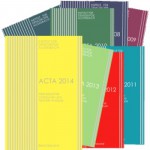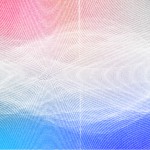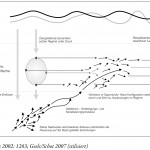Querverweis: »The Web We Have to Save«
Jan-Felix Schrape | 22. Juli 2015Der Aktivist und Blogger Hossein Derakhshan gilt als Begründer der regimekritischen Bloggingszene im Iran, wurde vor diesem Hintergrund 2008 verhaftet und kurz darauf nominell zu mehr als 19 Jahren Haft verurteilt. Seit November 2014 ist Derakhshan wieder auf freiem Fuß und hat vor wenigen Tagen im Matter Magazine einen Text mit dem Titel »The Web We Have to Save« veröffentlicht, der sich mit der Entwicklung des Internets seit 2008 befasst: »The rich, diverse, free web that I loved — and spent years in an Iranian jail for — is dying. Why is nobody stopping it?«
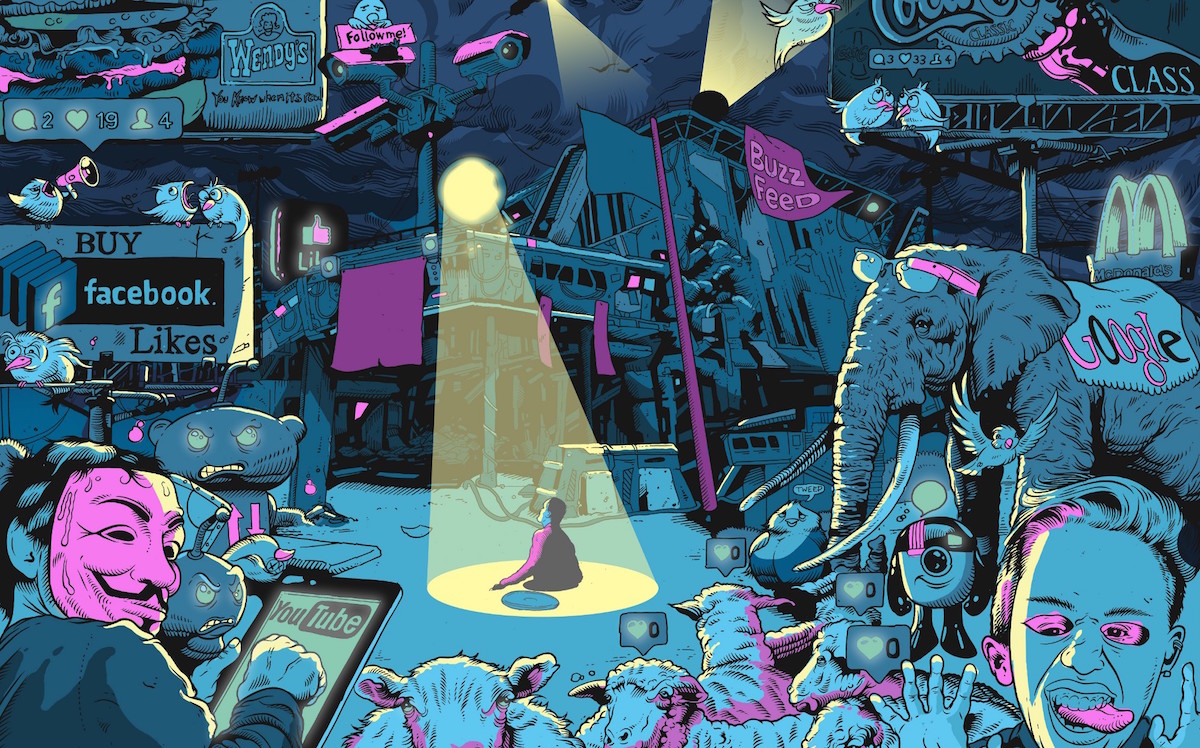
Dabei nimmt der Artikel naturgemäß die Perspektive eines lange fort gewesenen kritischen Beobachters ein und erntet dafür eine Reihe an bestätigenden, aber auch relativierenden Kommentaren. Einige seiner Kernaussagen:
»The Stream now dominates the way people receive information on the web. Fewer users are directly checking dedicated webpages, instead getting fed by a never-ending flow of information that’s picked for them by complex –and secretive — algorithms. […] But are we missing something here? […] In many apps, the votes we cast […] are actually more related to cute avatars and celebrity status than to the substance of what’s posted. […] And not only do the algorithms behind the Stream equate newness and popularity with importance, they also tend to show us more of what we’ve already liked. […] The prominence of the Stream today doesn’t just make vast chunks of the Internet biased against quality — it also means a deep betrayal to the diversity that the world wide web had originally envisioned.
[…] the Stream, mobile applications, and moving images: They all show a departure from a books-internet toward a television-internet. We seem to have gone from a non-linear mode of communication […] toward a linear one, with centralization and hierarchies. The web was not envisioned as a form of television when it was invented. But, like it or not, it is rapidly resembling TV: linear, passive, programmed and inward-looking. When I log on to Facebook, my personal television starts. All I need to do is to scroll […]. This is not the web I knew when I went to jail. This is not the future of the web. This future is television.«

